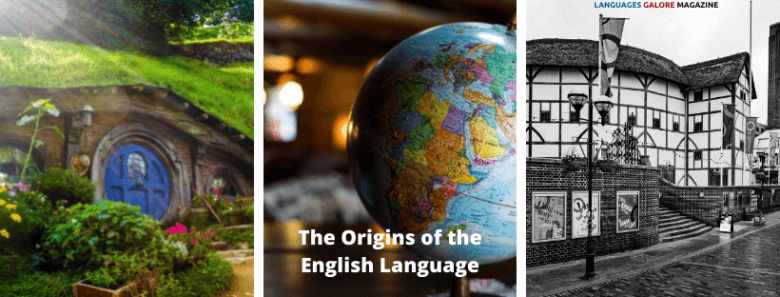Languages evolve all the time. English, too, was born a long time ago, and has never stopped changing since then. It was born from a mixture of different languages brought by different peoples over more than 2000 years of history. You can imagine English as a big soup, where everybody contributed by putting in some …

